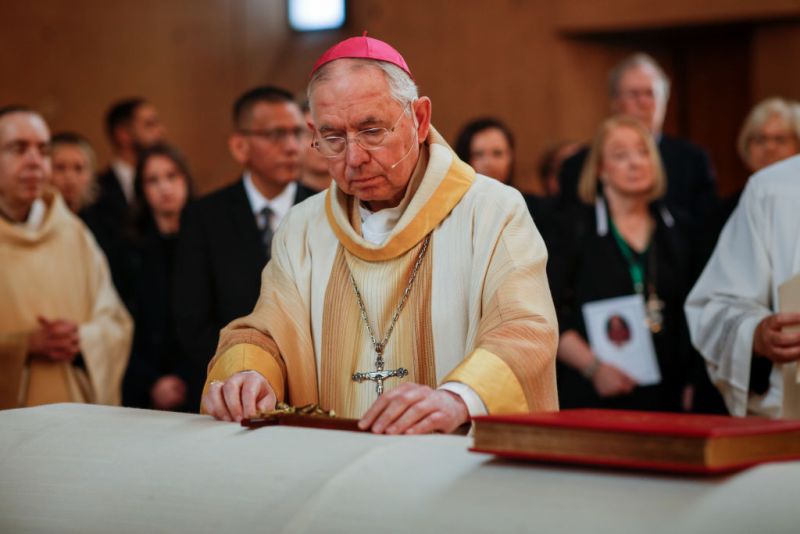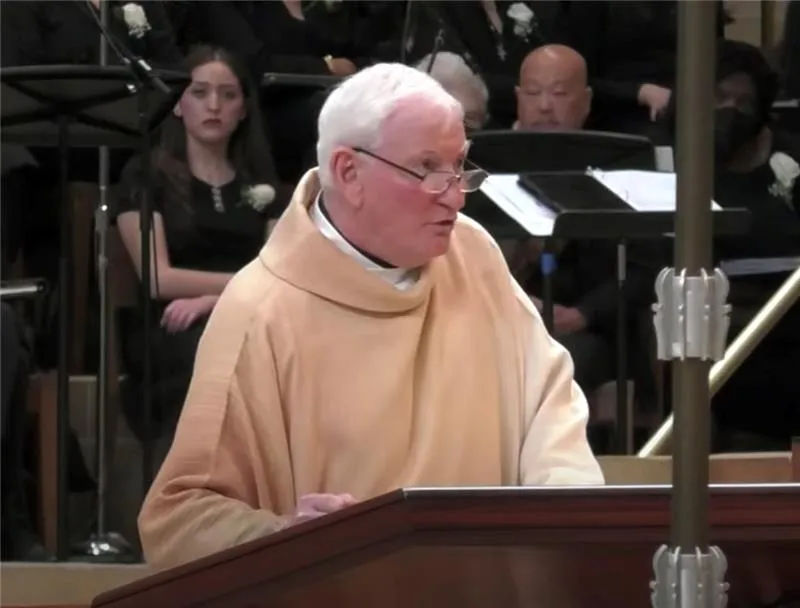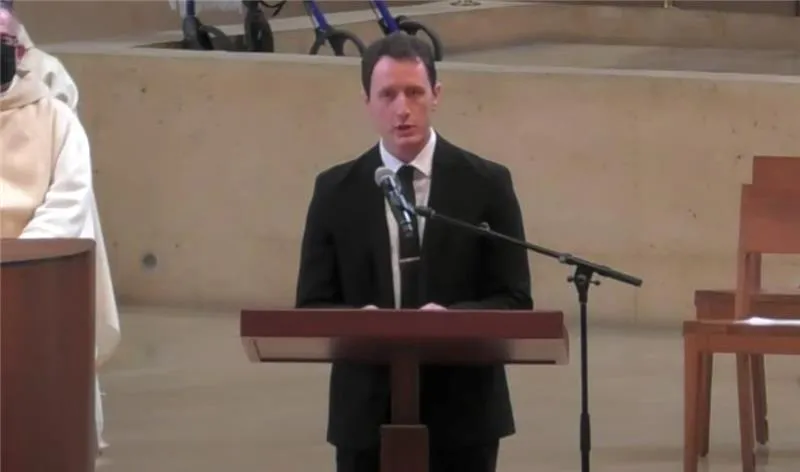
Newark, N.J., Nov 19, 2018 / 03:16 pm (CNA/EWTN News).- The Archdiocese of Newark announced Monday that New Jersey’s five dioceses will together form a Victim Compensation and Counseling Program in the coming year, and will release the names of all priests in the state who have been accused of sexual misconduct against minors.
Although the precise details of this program have not yet been finalized, Cardinal Joseph Tobin of Newark said in a statement published on the archdiocese’s webpage Nov. 19, they will be soon and information will be released at that time.
This program will assist dioceses with resources in order to provide compensation for those who were victimized as children by clergy or employees of Catholic dioceses in New Jersey, who are unable to file civil suits due to the state’s statute of limitations.
“This will give victims a formal voice and allow them to be heard by an independent panel,” said the statement. Cardinal Tobin added, “the Program also will assure that victims who have not received any financial compensation will be paid, regardless of whether their claims meet the time requirements of the statute of limitations.”
The Catholic Church in New Jersey has already paid out more than $50 million in financial settlements to those who were sexually abused as children by members of the clergy or diocesan employees in the state.
In addition to financial compensation, this new program will establish “permanent funding” for counseling for abuse survivors. This counseling “so often is needed to help in the healing of those who have been harmed.”
This past September, New Jersey’s Attorney General Gurbir Grewal announced the creation of a task force in the state to investigate the allegations of sexual abuse and cover up.
“No person is above the law and no institution is immune from accountability,” said Grewal in September.
“We will devote whatever resources are necessary to uncover the truth and bring justice to victims.”
Ahead of the release of this report, and in coordination with the task force, Cardinal Tobin said that New Jersey’s dioceses will “undertake a complete review of their files” and release the names of all priests and deacons who have been credibly accused of sexual abuse of a minor. This list is expected to be released in early 2019.
“It is hoped that these steps will aid in the process of healing for victims, who are deserving of our support and prayers,” said the statement.
Notably, the statement did not include any information about compensation or counseling for adults who were victimized by members of the clergy in New Jersey, instead focusing on those who were abused as minors.
In the early 2000s, the Archdiocese of Newark and the Dioceses of Trenton and Metuchen paid settlements to men who allege they were abused by Archbishop Theodore McCarrick when they were adults studying in seminary. These settlements were not public knowledge until the summer of 2018, after two men came forward to say that they had been molested by McCarrick as minors.
Shortly after McCarrick’s second survivor came forward, McCarrick stepped down from the College of Cardinals. McCarrick has since been sentenced to a life of prayer and penance until a canonical trial can be conducted. He is currently residing at a friary in Kansas.
If you value the news and views Catholic World Report provides, please consider donating to support our efforts. Your contribution will help us continue to make CWR available to all readers worldwide for free, without a subscription. Thank you for your generosity!
Click here for more information on donating to CWR. Click here to sign up for our newsletter.







Leave a Reply